The Difference Between Dry and Dehydrated Skin
While dry skin and dehydrated skin may look similar, the two conditions are quite different.
Dehydrated skin is temporary; once addressed, the skin will return to normal. Dry skin, however, refers to a natural skin type, like oily or combination skin. People with dry skin need to continually manage it over time with products and regular treatments.
Dry skin 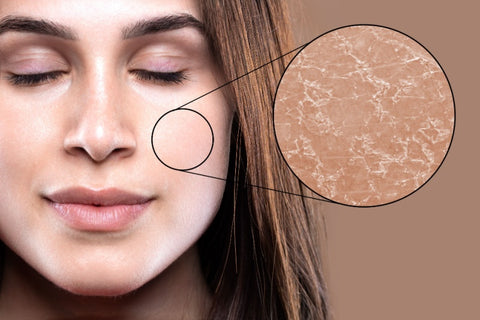
If you have dry skin, your sebaceous glands produce less oil than other skin types, so your skin requires added lipids to help lock-in moisture. Symptoms include discomfort, itching and the appearance of dry flakes around the corners of your nose and on your cheeks.
Dehydrated skin
When skin is dehydrated, your sebaceous glands react by overproducing oil, leading to a layer of oiliness and shine on your nose and cheeks, but skin still feels dry and tight. Like dry skin, dehydrated skin also causes flaking and itchy skin, but exhibits more redness and inflammation around your nose.
 Dehydrated skin lacks moisture due to diet, climate and other environmental factors. Adjusting your diet by drinking more water and consuming less caffeine is often enough to soothe dehydrated skin.
Dehydrated skin lacks moisture due to diet, climate and other environmental factors. Adjusting your diet by drinking more water and consuming less caffeine is often enough to soothe dehydrated skin.
In cases where your environment is at play, protecting your skin from the elements, applying moisturizer and using a humidifier can all be a part of the solution.
What Causes Dry Skin on the Nose and Cheeks?
Dry skin can be a result of multiple factors. Certain elements can trigger or worsen dry skin such as lifestyle choices, aging and the environment. Most of these factors are difficult or impossible to avoid, but an effective skin care regimen can minimize their effects.
Allergies, hay fever and illness 
Sneezing and blowing your nose takes a toll on your skin. Repeatedly rubbing a tissue on your skin can remove your facial creams and lotions, while simultaneously robbing your skin of its natural oils in the nose and cheek areas.
Genetics
While your DNA largely determines your skin type, other genetic factors, such as hormone production can also impact your skin. A drop in hormone production, particularly in menopausal women, leads to decreased cellular renewal and oil production leading to dryer skin across the face and body.
 Your face is particularly susceptible to hormonal fluctuations because it has a higher number of sebaceous glands per square inch than the rest of the body. This can cause a decrease in oil production on the nose and cheeks, leading to flaking skin.
Your face is particularly susceptible to hormonal fluctuations because it has a higher number of sebaceous glands per square inch than the rest of the body. This can cause a decrease in oil production on the nose and cheeks, leading to flaking skin.
Freezing temperatures 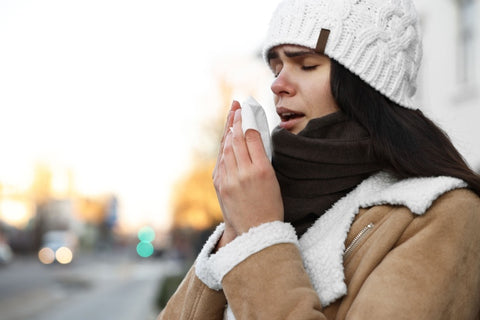
Strong winds and snowy conditions are harsh on skin and can leave it looking red and feeling raw. The cold dry air can also stimulate the nerves inside the nose, leading to more mucus that needs to be wiped away, further irritating skin.
Forced air
 Whether it’s heat during winter or air conditioning in the summer, forced air can play havoc with your skin. Air conditioners and newer heating systems suck moisture out of the air as they work. This causes the thinner external layer of your facial skin to become dehydrated, resulting in itchy flaking skin on the cheeks and nose.
Whether it’s heat during winter or air conditioning in the summer, forced air can play havoc with your skin. Air conditioners and newer heating systems suck moisture out of the air as they work. This causes the thinner external layer of your facial skin to become dehydrated, resulting in itchy flaking skin on the cheeks and nose.
Too much or too little facial moisturizer
Forgoing a moisturizer or only using one sporadically can contribute to dry skin, which can push your sebaceous glands into overdrive. This can result in skin that is dry or overly oily.
Conversely, using too much moisturizer can create a buildup of product in the corners of your nose. Over time, using too much moisturizer can cause your skin to decrease its normal production of oil, leading to increasingly dryer skin.
How to Get Rid of Dry Skin on Nose and Cheeks
Topical creams and lotions 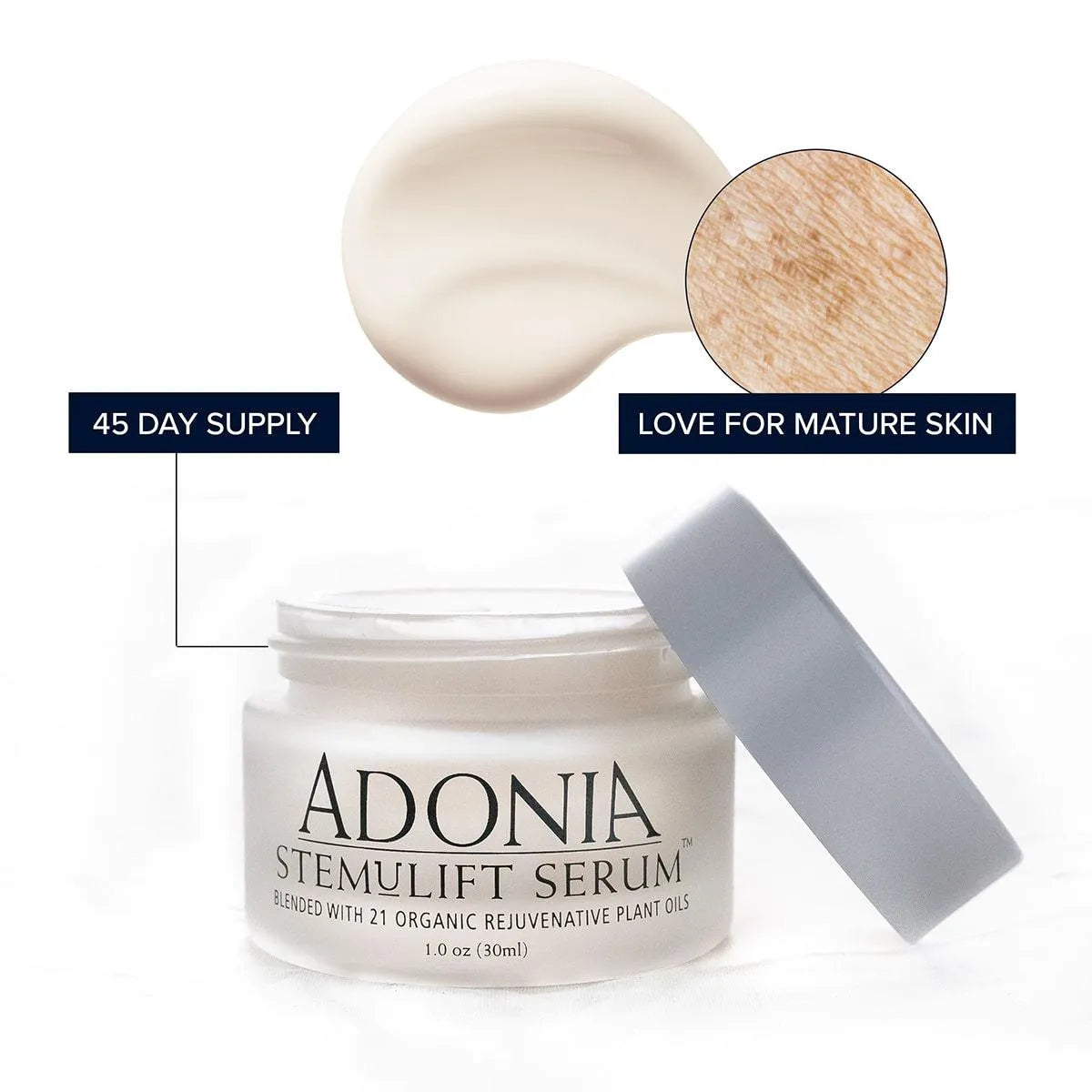
Replenish your skin’s moisture level by using a gentle and soothing cream or lotion. This will create a barrier between your skin and the environment and lock-in moisture.
When choosing a moisturizer for your nose and cheeks, look for products specifically designed for the face. Moisturizes meant for the body can be too harsh and greasy for the face, which can cause irritation and further skin issues.
Creams intended for the area around the eyes can typically be applied on the nose and cheeks, however these creams are formulated for very delicate skin and may not provide ideal results on the cheeks or nose area.
Ointments and balms
Much like topical creams and lotions, ointments and balms are chock-full of healing and protective ingredients such as hyaluronic acid, shea butter and jojoba oil. Ointments and balms are occlusive, meaning they prevent water loss from the skin.
Ideal for flaky, dry skin, these products act as a thick barrier to environmental skin irritants. These products also contain only a few key ingredients and omit many potential irritants to help ensure your skin is not further irritated.
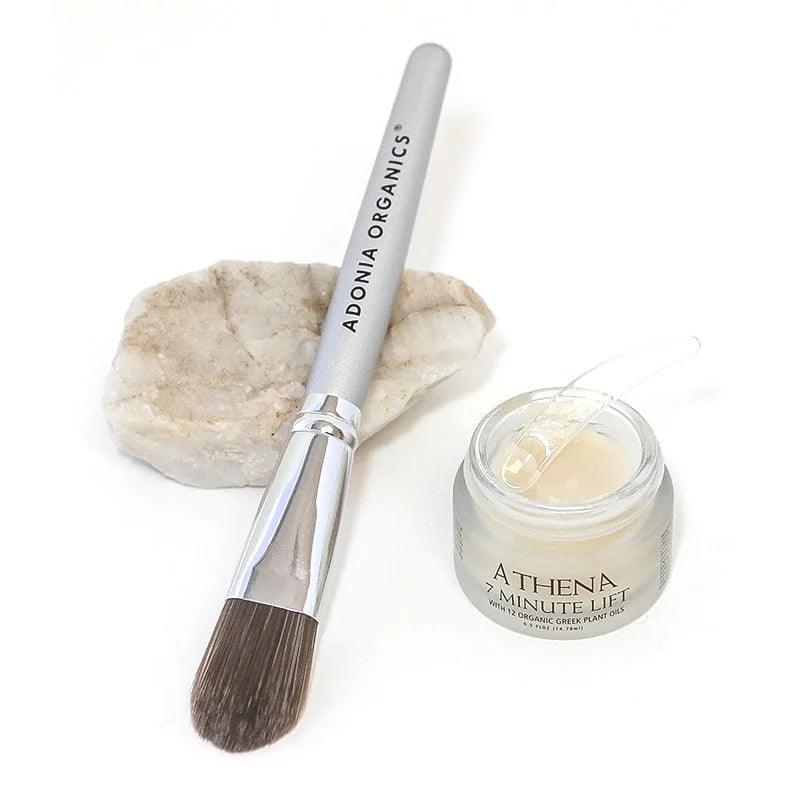 Retinoids
Retinoids
Applying retinol—a vitamin A derivative—on dry and flaky skin works to eliminate dead skin cells while stimulating your skin’s cellular turnover.
Applying a small amount of retinoid cream to the nose and cheeks, while avoiding the eyes and mouth, can significantly improve your skin’s appearance and hydration.
Ceramides with salicylic acid
Salicylic acid in topical ceramide-based cleansers, creams and lotions, help cleanse and hydrate the skin while soothing irritation, smoothing away dry flakes and increasing the skin’s water retention and lipids.
Much like ointments, ceramide creams provide the skin around your nose and eyes with a safe and effective protective barrier to environmental conditions.
Tips to Prevent Dry Skin From Recurring
Dry skin is very common skin complaint and not a health issue, yet chronically dry skin can be uncomfortable and even painful, so preventing it from occurring or recurring is important.
Daily habits and lifestyle routines, from cleansing with warm water to using a humidifier can all play a part in protecting your skin.
Skin care routine 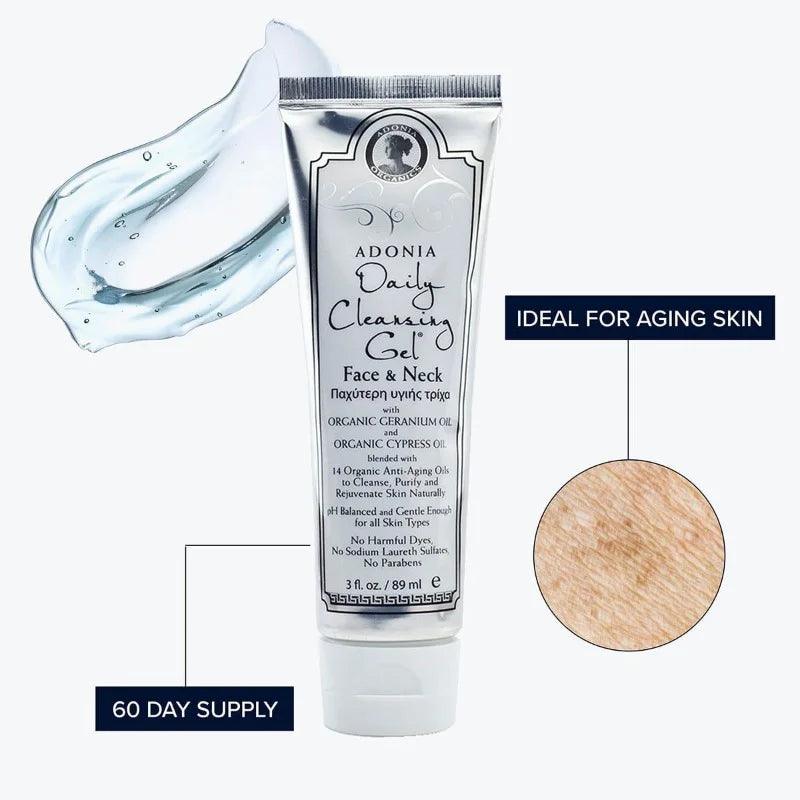
- When washing your face, use tepid to warm water as hot water can strip your skin of its essential oils.
- Cleanse your skin with an oil-based or mild pH-balanced facial wash; avoid soaps and cleansers that contain harsh chemicals and ingredients.
- Avoid skin care products that contain alcohol, fragrance, sulfates, willow bark, astringents, dye, and sodium chloride; these ingredients will deplete your skin of its natural oil.
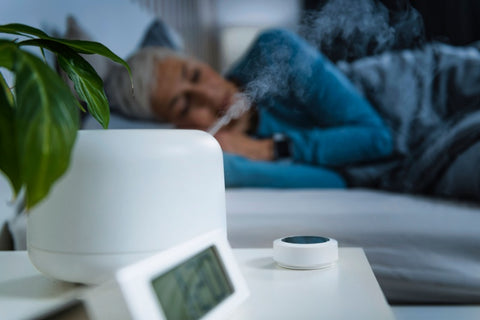 Lifestyle habits
Lifestyle habits
- Avoid taking long, hot baths or showers; limit bathing to 10 minutes with warm water.
- Shower after swimming to remove the chlorine and other chemicals from your skin; follow with a good face moisturizer.
- Use a humidifier while you sleep.
- Eat foods rich in essential fatty acids such as omega-3 and -6 oils to hydrate from within; these include olives, salmon, flaxseed and walnuts.
- Eat antioxidants to help maintain your skin’s overall health, including spinach, tuna, sweet potatoes, papayas and citrus.
Takeaway
Dry skin on the nose and cheeks is a common dermatological issue that can lead to red and itchy skin. While genetics play a large role in determining if you will suffer from dry skin, environmental factors and lifestyle choices can trigger or contribute to the issue.
In most cases, dry skin on the nose and cheeks can be easily prevented and treated using organic, over-the-counter moisturizing products. Select a moisturizing cream, balm or ointment that contains natural moisturizers to soothe your skin. Regular application of a moisturizer that is right for your skin type as part of your daily routine is the best way to prevent dry skin.

